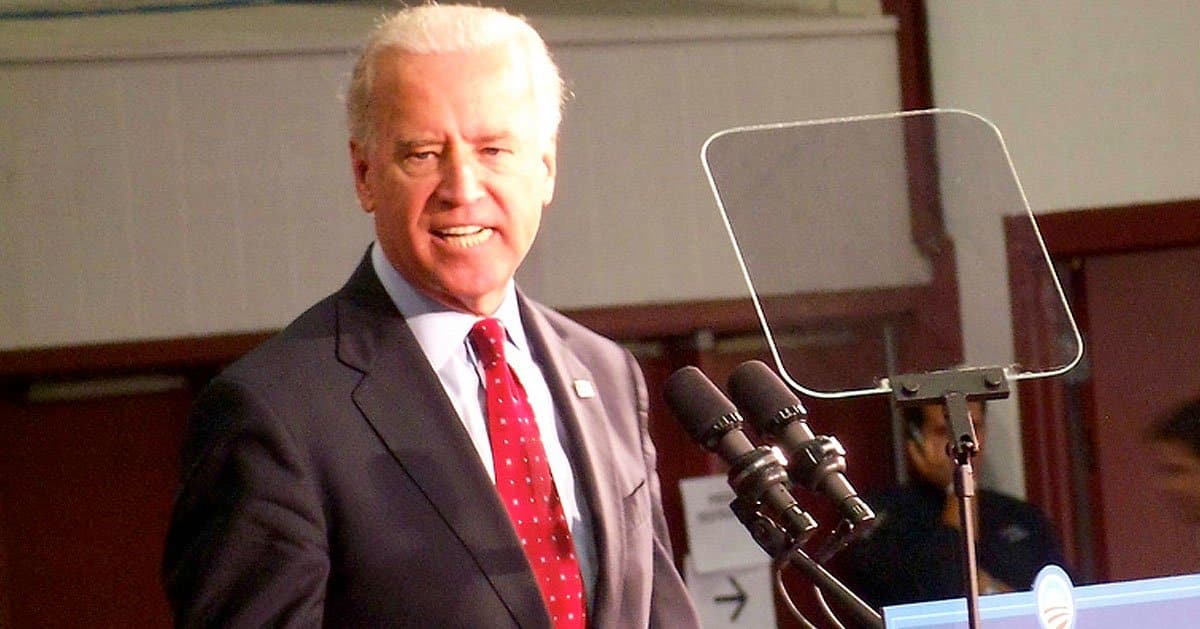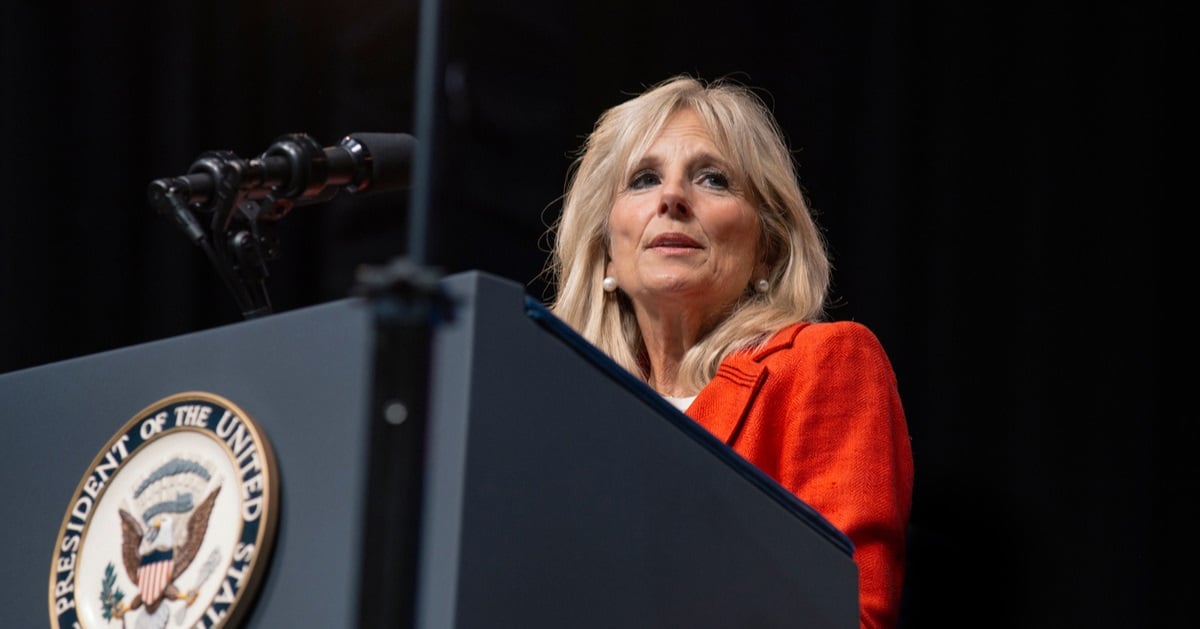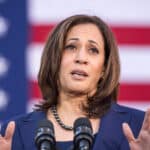




In a surprising turn of events, FBI Director Christopher Wray announced his intention to resign, stepping down ahead of President-elect Donald Trump's second term to ensure the Bureau maintains its focus and independence.
Breitbart reported that Wray, who took over the helm of the FBI in 2017 following the dismissal of James Comey, revealed his decision during a town hall meeting with the FBI workforce.
During the meeting, he emphasized the need to "keep the focus on our mission" and maintain "the indispensable work" performed by the FBI daily.
Wray’s unexpected decision comes amid reports that Trump plans to appoint Kash Patel as his successor after taking office.
The change in leadership at the FBI seems to be part of Trump's broader reshaping of law enforcement and intelligence agencies as he prepares for his return to the White House.
The outgoing FBI director made it clear his decision was largely driven by a desire to preserve the FBI’s core values and steer clear from deepening political divides. He expressed that by resigning, he hopes to prevent the Bureau from becoming embroiled in further political controversy.
In his address to FBI personnel, Wray articulated his love for the institution and its people but remained firm that his priority has always been doing what’s right for the FBI. His dedication to the mission over political battles suggests his commitment to maintaining the agency's nonpartisan stance.
A senior source further elaborated that Wray plans to vacate his position by the time of the inauguration. Rumors had circulated that Wray preferred to resign rather than face potential dismissal prior to Trump assuming office again.
Wray’s relations with Trump have been strained, particularly after an incident involving an assassination attempt on Trump.
The President-elect expressed dissatisfaction with Wray’s handling of the situation, criticizing the director for reportedly dismissing the severity of the incident.
In a series of remarks, Trump took a swipe at the FBI's past actions under Wray’s leadership. Trump's comments indicate underlying tensions and a loss of confidence in Wray, further complicating the latter’s position in leading the Bureau.
This brewing discord led Wray to conclude that stepping aside would be in the best interest of the agency. By departing, he seeks to distance the Bureau from ongoing political feuds and focus instead on law enforcement responsibilities.
With Wray’s upcoming departure, Trump's nomination of Kash Patel as the new FBI director is highly noteworthy.
Patel, known for his staunch loyalty to Trump, is expected to bring a new approach to the agency's leadership. His appointment signals a shift in direction and priorities for the Bureau under Trump's administration.
The transition of leadership comes at a crucial time for the FBI, which faces numerous domestic and international challenges. Wray's departure is seen as both a strategic move and a personal conviction to uphold the FBI’s integrity amidst political turbulence.
Wray’s resignation, while strategic, raises questions about stability and continuity within the FBI. As the Bureau prepares for this transition, concerns may arise over maintaining operational effectiveness during a period of leadership change.
However, Wray’s planned departure is not without precedent. FBI directors have previously stepped down ahead of new administrations, striving to ensure a smooth changeover of leadership. Wray’s departure aligns with this tradition of putting the institution above individual interests.
As the FBI prepares for this significant leadership shift, it must continue its mission amidst changing political landscapes.
With Kash Patel poised to take on the director role, the agency faces the challenge of adapting to new leadership while preserving its foundational principles.
Christopher Wray’s tenure as FBI director, marked by steadfast dedication to the bureau’s mission, highlights the complexities of leading a federal agency under political scrutiny. His resignation serves as a reminder of the delicate balance between maintaining agency independence and navigating political dynamics.



